
The Deadly Pandemic COVID 19 has brought the frontiers of the countries to a standstill. Government instruction to “Stay Home and Stay Safe” is the most appreciated initiative in dealing with this panic situation. However, Social distancing and stay-at-home campaigns designed to fight COVID 19 have restricted the mobility of individuals to the four walls of their houses. Though it is a big move to save humanity from the clutches of this epidemic, it would be wise to double your productivity by finding out some digital avenues appropriate to this situation and to strengthen our competencies for future endeavours.
However, it is evident that 21 days of lockdown is a big blow to the Indian economy. Barclays Wealth Management Services from India has estimated that India’s aggressive lockdown could bring the country’s growth down to 2.5% from the 4.5 per cent it had earlier estimated. This scenario foresees a terrible economic disruption worse than the one we had faced during 2007 – 08. Obviously, there would be a big blow on the economic activities which will lead to a terrible crisis on employment opportunities. Hence, streamlining the skill sets and competencies with appropriate eLearning models to meet the need of the situation, alone will help to swim across the tide of time and situation.
The system of education also has been much affected. The scheme and plan of the various courses of our system are totally distorted due to the postponement of exams and suspension of classes. Clearly, there should be a few steps of relaxation and standardization of the course plans, in terms of reduction of the duration of the semester without affecting the course credits. Education has already proven to be a service that could be effectively delivered in a digital format. Positively, to tackle this situation some innovative practices and eLearning possibilities could be integrated to enrich the regular courses without compromising the credibility. Many of the overseas universities have aggressively adopted blended learning strategies with online classes as a major possibility in blending learning experiences.
Meanwhile, the higher education system of India is in a process of transformation to an Outcome-based Approach (OBE). In this context, there is a drastic change in curricular and assessment practices. For enabling an authentic estimation of Program Outcomes (POs) and Course Outcomes (COs), there should be sufficient activities related to these outcomes. At times, the content related to the syllabus alone may not serve the purpose. In order to deal with this situation, we may need extracurricular and co-curricular activities that could be pointed to these outcomes. Online study and certification programs will serve as an effective measure to tackle this situation.
The quality branding of a higher education institution is definitely the score of accreditation of the regulatory agencies. As per the directions of NAAC and NIRF, innovative practices and online learning are weighed as best practices of the institution and special credits are given to the institutions for the purpose of ranking under the criteria like ICT implementation, Innovative practices, Teaching-Learning & Evaluation etc. It would be appropriate to check out the best practices in online learning to suit the course of study and the content. Accordingly, it is evident that e-learning approach will be of high value to both the scholars and to the institution.
In India, Govt. agencies have devised a lot of online classroom facilities, but they still remain underutilized. A few of the online courses and resources which could be easily availed for personal development or for integrating it as a part of the regular course are detailed along with the following links.
| SWAYAM Online Courses: It’s an initiative by the Government of India for achieving three cardinal principles of Education – access, equity and quality. It provides the best teaching-learning resources to all. |
| UG/PG MOOCs: This is a powerful platform for life-long learning. Here the learner could choose from hundreds of courses listed in both UG and PG categories. |
| e-PG Pathshala: This is an initiative of MHRD under National Mission on Education executed by UGC. It provides high-quality interactive content across social sciences, arts, fine arts, humanities, mathematical sciences etc |
| e-Content Courseware in UG Subjects: This is one of the largest repositories of digitalised educational content in the country which is maintained by Consortium for Educational Communication (CEC) |
| SWAYAM Prabha DTH Platform: This is a platform for telecasting educational programs on 24 x 7 basis using the GSAT 15 satellite. The contents used in this channel are provided by NPTEL, UGC, CEC, IGNOU, NCERT and NIO |
| CEC- UGC YouTube Channel: This channel is maintained by Consortium for Educational Communication and inter-university centre of UGC |
| National Digital Library: It stores metadata about different types of digital content including books, articles, videos, audios, research thesis and other relevant educational material for the benefit of all kinds of users like students (all level), teachers, researchers, professionals, library users etc |
| Shodhganga: It’s a platform for the research students to deposit their PhD thesis and share it to the entire scholars for open access. |
| e-ShodhSandhu: It’s a consortium of Higher Education Electronic resources. It provides access to e-resources to University, Colleges and Centrally funded Technical institution in India. This is an initiative by MHRD, Government of India. |
| Vidwan: It is an expert database of profiles from various disciplines like Agriculture Science, Biological Science, Arts and Humanities, Chemical Sciences, Engineering & Technology, Physical Sciences, Medical & Health Sciences etc |
Tech Companies have joined hands with the educational sector to smoothen the sudden requirement of transition to online modes. The Central and State Governments, along with most of the universities in India have recommended the adoption of eLearning models through live streaming and video conferencing. There are a lot of applications that could be availed for this purpose like Zoom, GoToMeeting, Google Hangouts etc. A detailed account on the various free video conferencing and collaboration tools could be obtained from the link below.
Some professors of the professional and general education stream are of the opinion that uploading pre-recorded classes on YouTube and Drives and sharing the link with the students would be effective. By adopting this model, the students will be able to enjoy the possibility of flexible hour class models at their convenience. While adopting this model, it would be advisable to use low-resolution videos to avoid connectivity issues. The possibilities of chat applications like WhatsApp also could be effectively integrated with this model for dealing with queries of the students while in progress with the learning activities. Meanwhile, the assessment could be done in an open book format with different sets of questions for different students.
Use of the following websites will be beneficial to both the teachers and students to get information about the subjects of their curricular interests:
However, the tech infrastructure does not put any challenge to our students, as we have a lot of free open source models and services that could be availed with an optimum payment. Moreover, most of the student population in the higher education stream are tech-savvy and potential multi-taskers who are capable of adapting to any new situation on a digital platform.
Definitely, the primary challenge for any person around the world today is to fight COVID 19 through self-quarantine and social distancing. But it is equally important to utilise this period productively by choosing the best resources and avenues available around us for self-development and successful completion of the course of study.
Join us for FREE to get instant email updates!
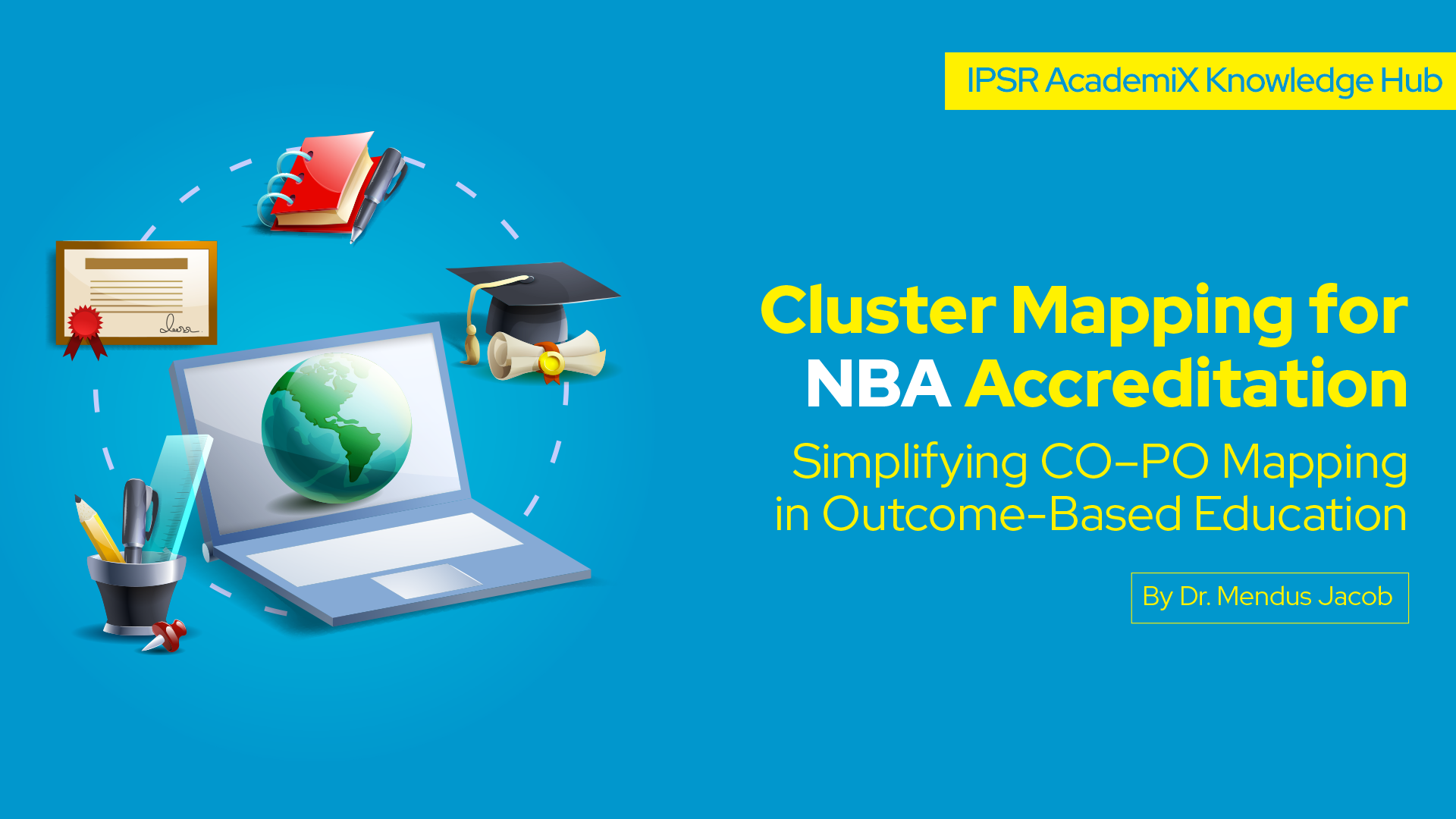
Simplifying CO–PO Mapping in Outcome-Based Education Accreditation by the National […]
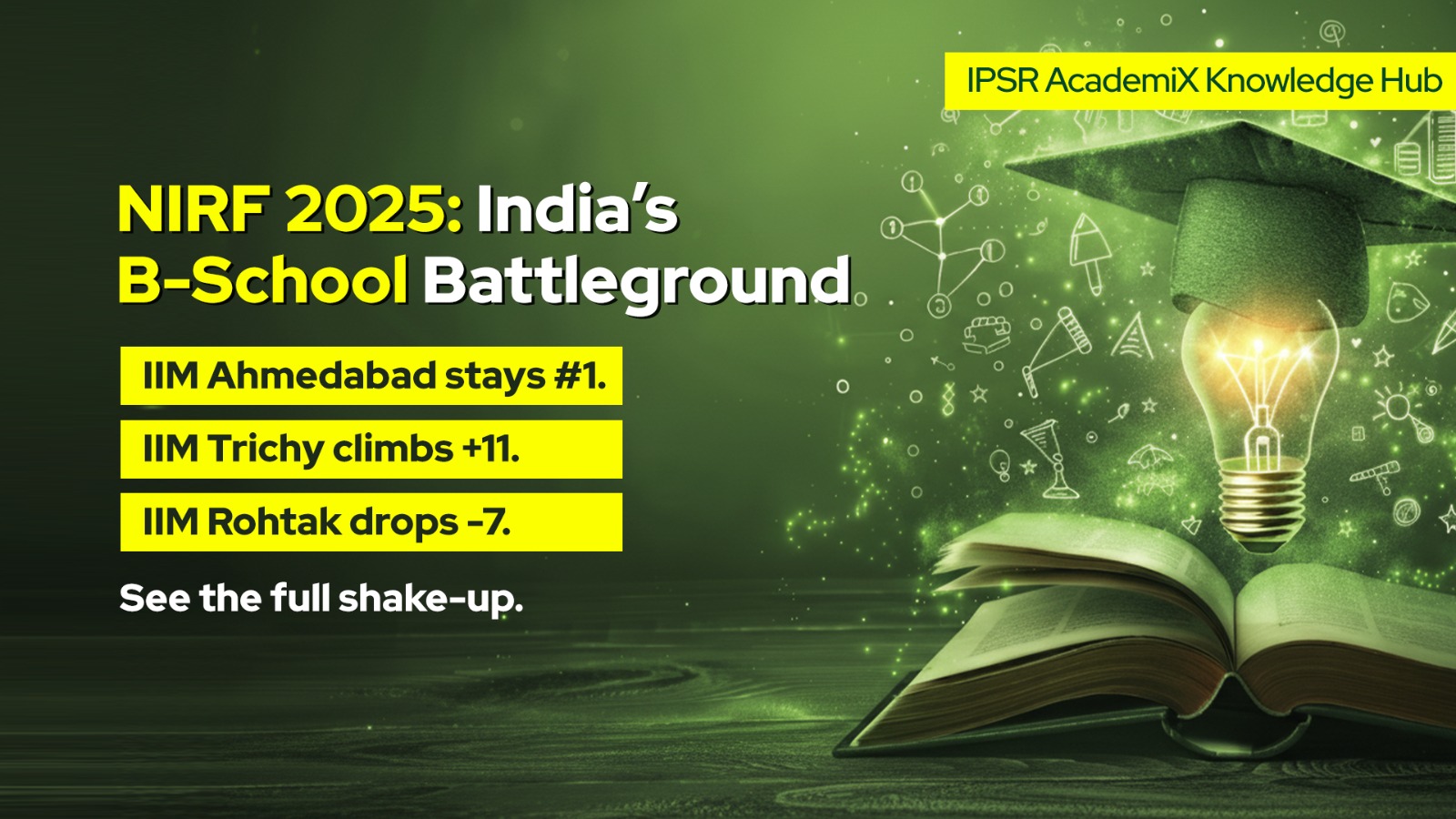
The National Institutional Ranking Framework (NIRF) 2025 results are out, […]
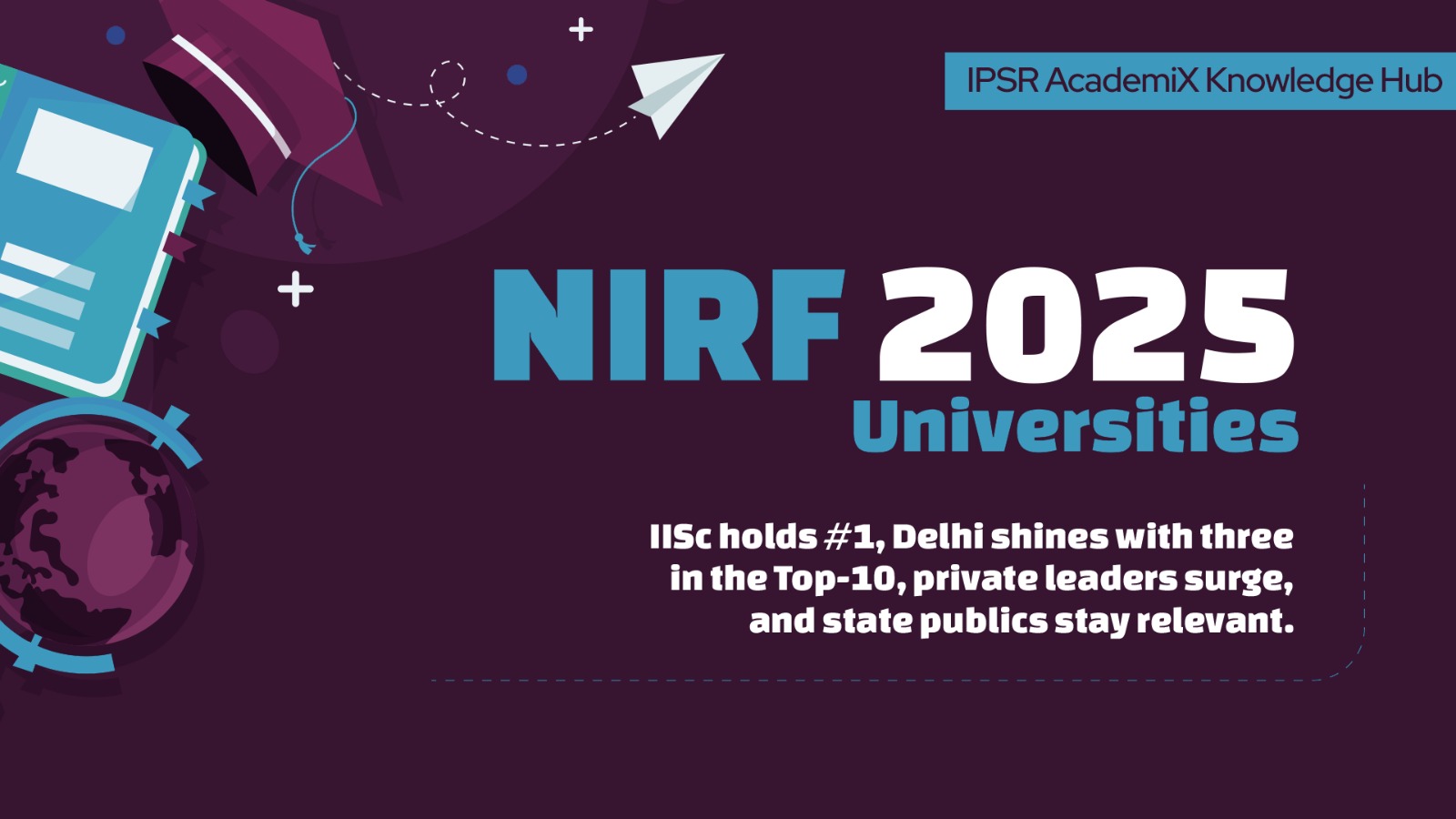
What the Top 100 Rankings Reveal About India’s Universities The […]
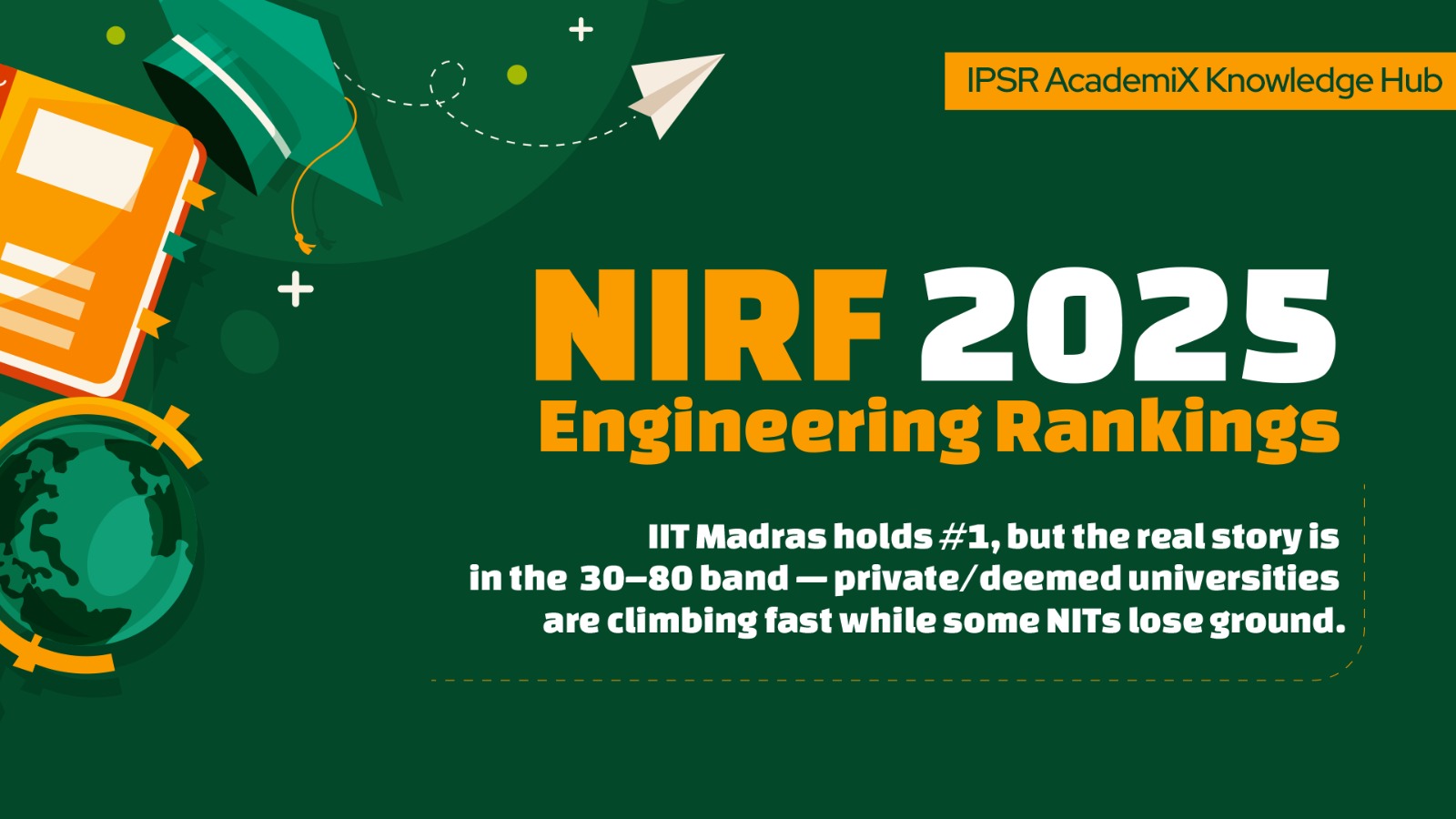
Exploring patterns, trends, and the evolving landscape of technical education […]
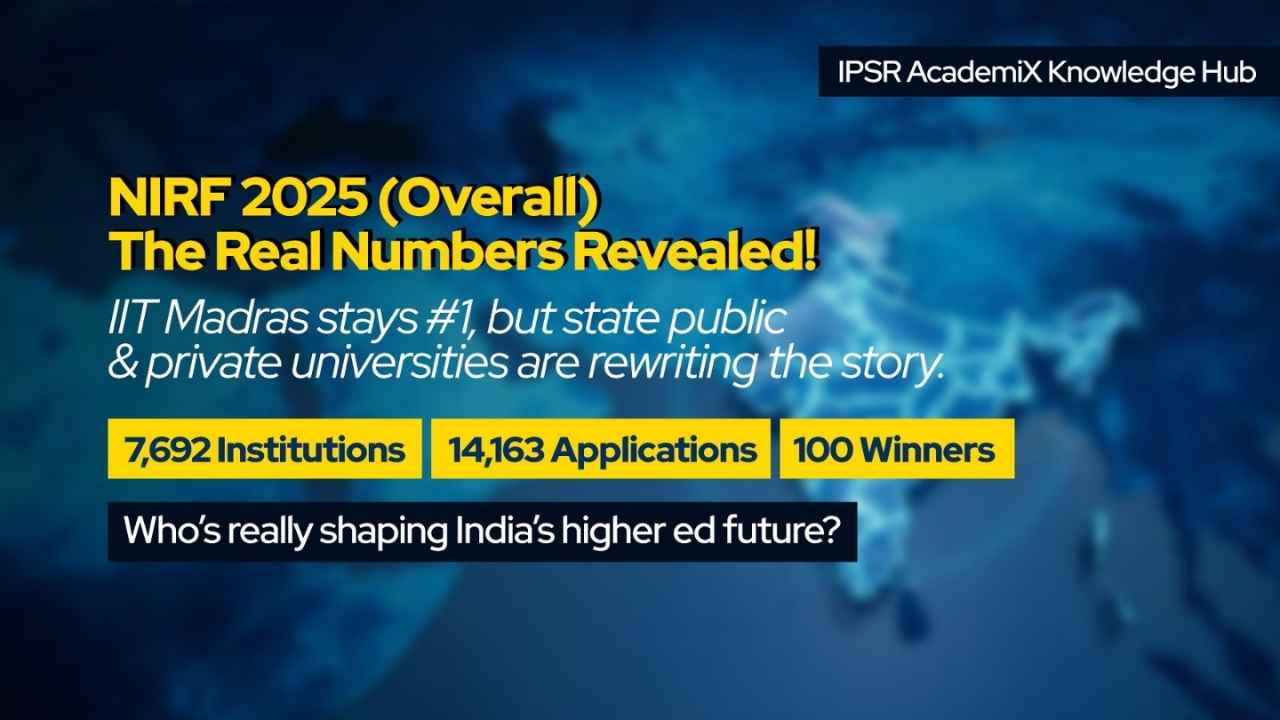
Release date: September 4, 2025 Source: NIRF portal’s Overall Top-100 […]
Leave A Comment